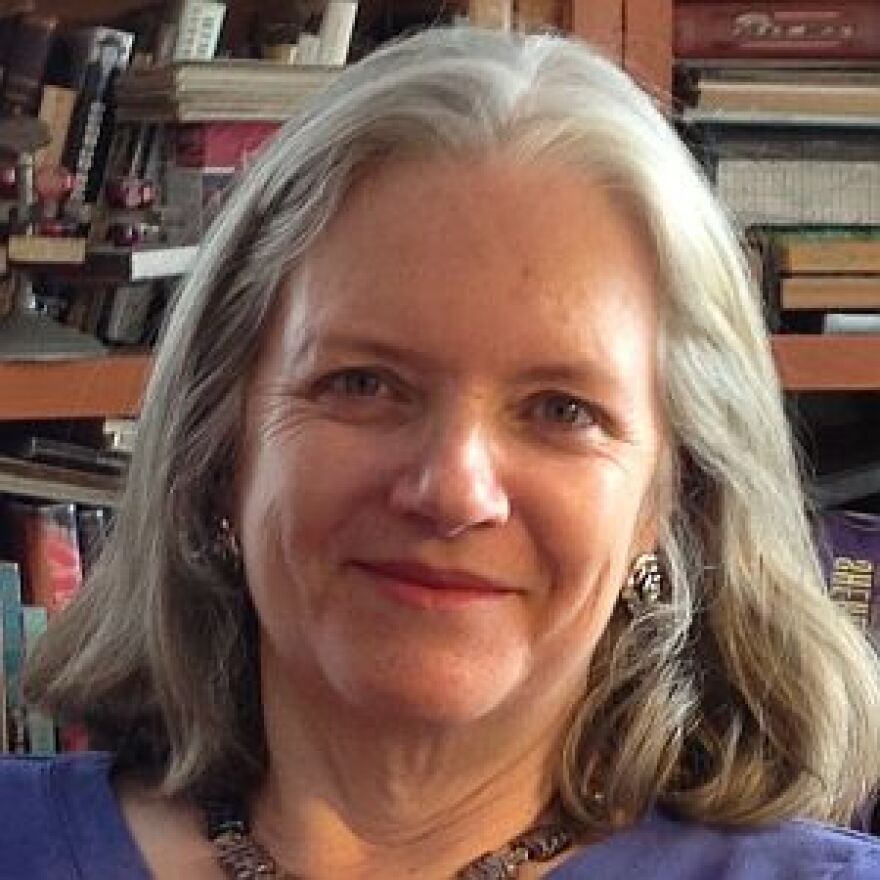Two decades ago I was at a museum store in Manhattan. I bought a book and told the clerk that I didn’t need a bag. She instructed me to not be silly as she wrapped the tome in not one but two plastic bags. I was so stunned, I blurted, “Do you know where your trash goes?” She waved a dismissive hand and answered, ‘Oh, somewhere in New Jersey.”
But, it’s worse than that. Plastic bags, which we use, mindlessly, at a rate of a million a minute, are becoming a real problem. They go into landfills, waterways, flutter around as litter, and also into our oceans. They break into ever-smaller particles, but never entirely disappear.
And trashed plastic not only kills marine life, it absorbs the toxins PCB and DDT. Particles get eaten and enter the food chain. Now they are ubiquitous, found in the tissues of wild animals, in human milk, in Arctic ice, you name it.
The world’s oceans contain five ever-widening gyres of trash. The Great Pacific Garbage Patch alone is the size of Texas.
There’s recycling, of course. For instance, plastic bags can be recycled and combined with sawdust to make Trex, the wood alternative composite that‘s used in outdoor decking.
There are disposable plates made from cornstarch or sugarcane. And biodegradable plastic bags could be used even more widely too.
But aside from recycling at a few local grocery stores, single use plastic bags are not recyclable at many transfer stations. Much of our plastic just gets trashed.
So I was encouraged to learn that a 19 year old Dutch engineering student at the Delft University of Technology named Boyan Slat has designed a boom that he claims could clean up the trash in the Great Pacific Garbage Patch in five years. It’s stationary, and shaped like a manta ray. Rather than being towed through the water to gather trash, it uses the currents to drive trash into its arms.
Slat projects that the income from recycling the 7.25 million tons of extractable plastic in the world’s oceans would pay for the cost of the booms. He is testing prototypes now.
But heartening as this is, we still have to generate less plastic trash.
In France, you have to buy your grocery bags at checkout. The cashier adds the sum to your bill. That little speed bump alone might provide greater incentive to bring your own.
A science writer friend recently told me that it is technology that will save the planet, not art. But we need to question and change our habits - to do things differently. And clearly this will take everyone’s expertise - from the arts, psychology, math, engineering and biology - to maybe even some low-tech nagging.
Cities from San Francisco, California, to Mumbai, India, have banned plastic bags, as have some entire nations, like Ireland, Germany and China.
In keeping with Vermont’s green brand, it might be time for us to follow suit.





